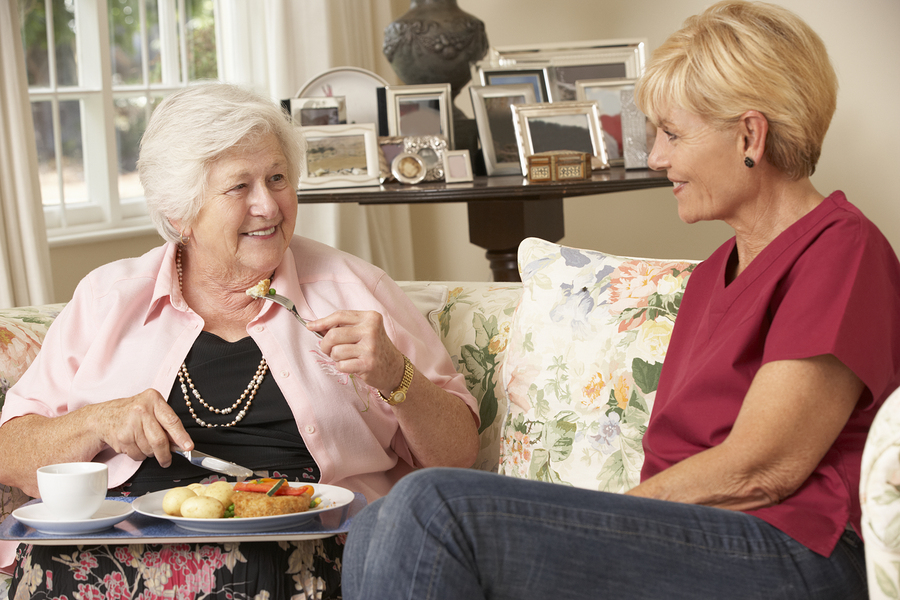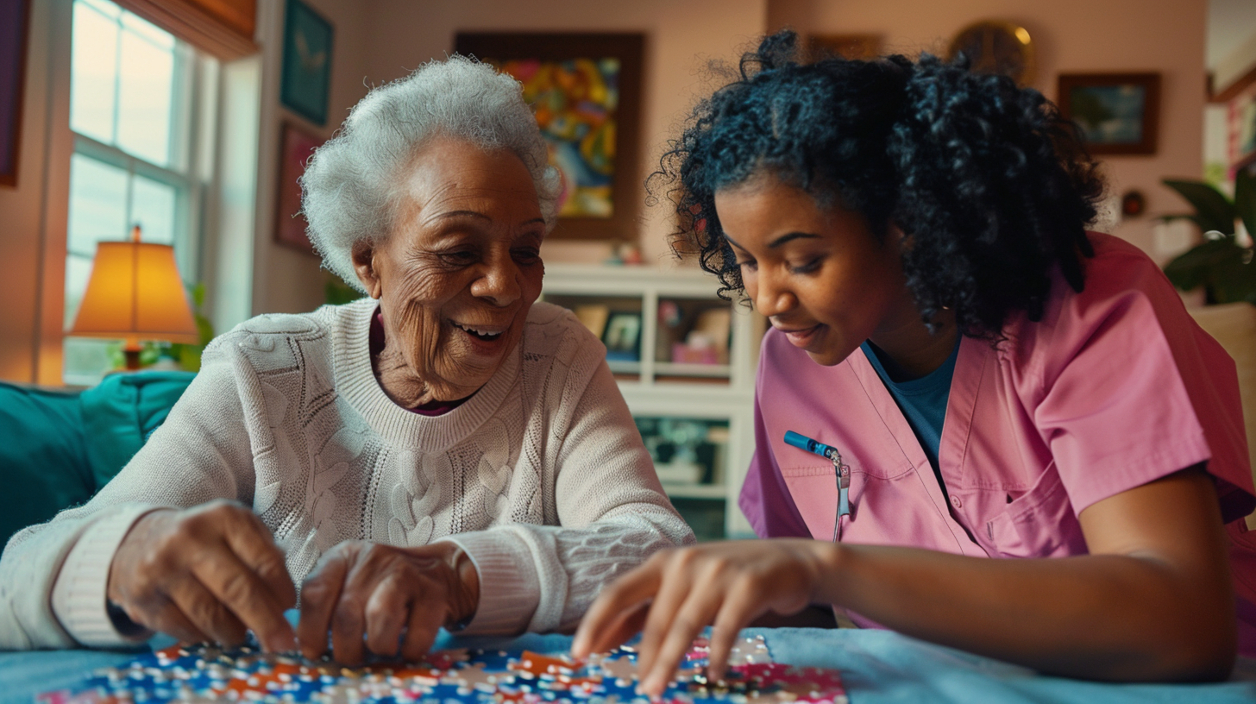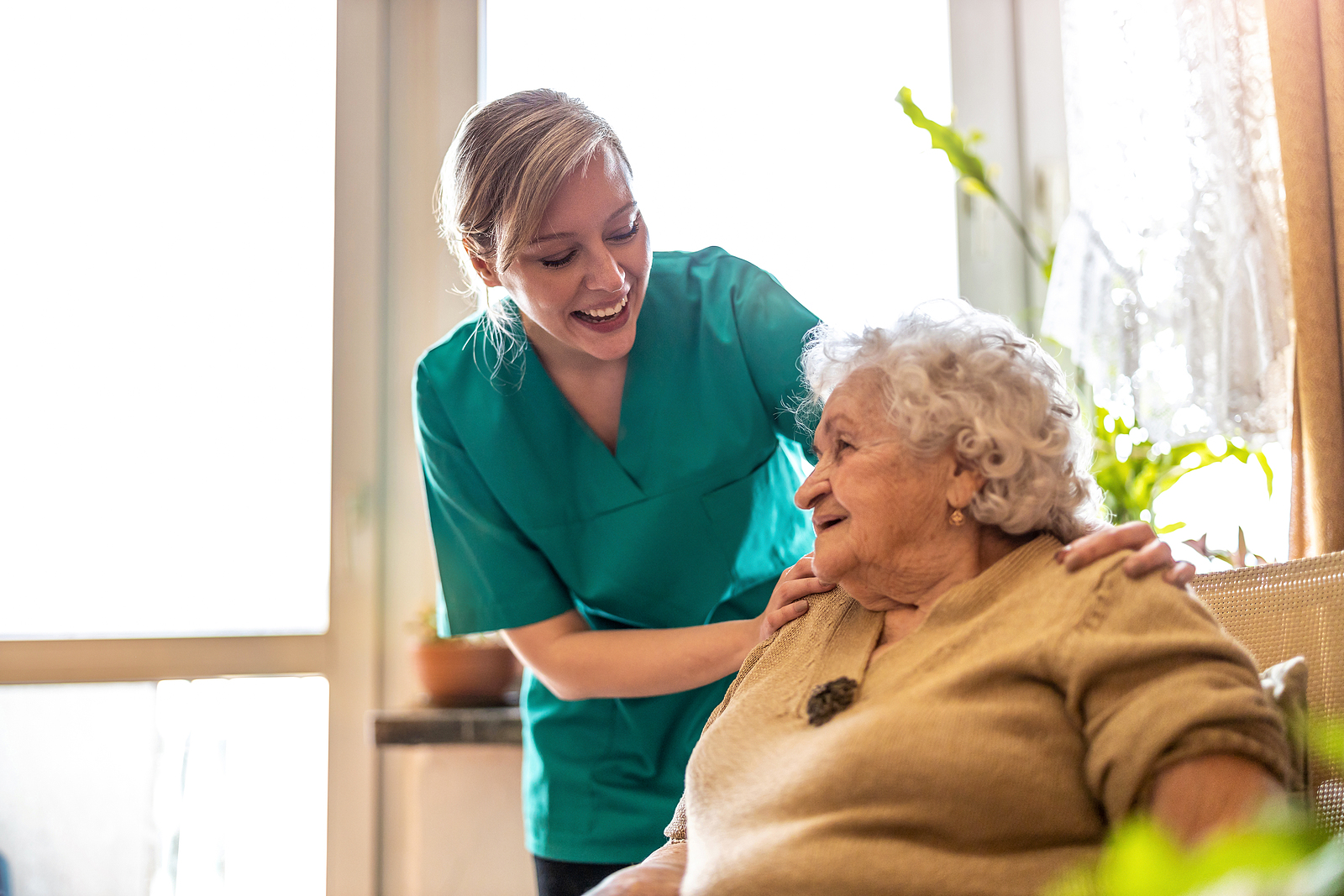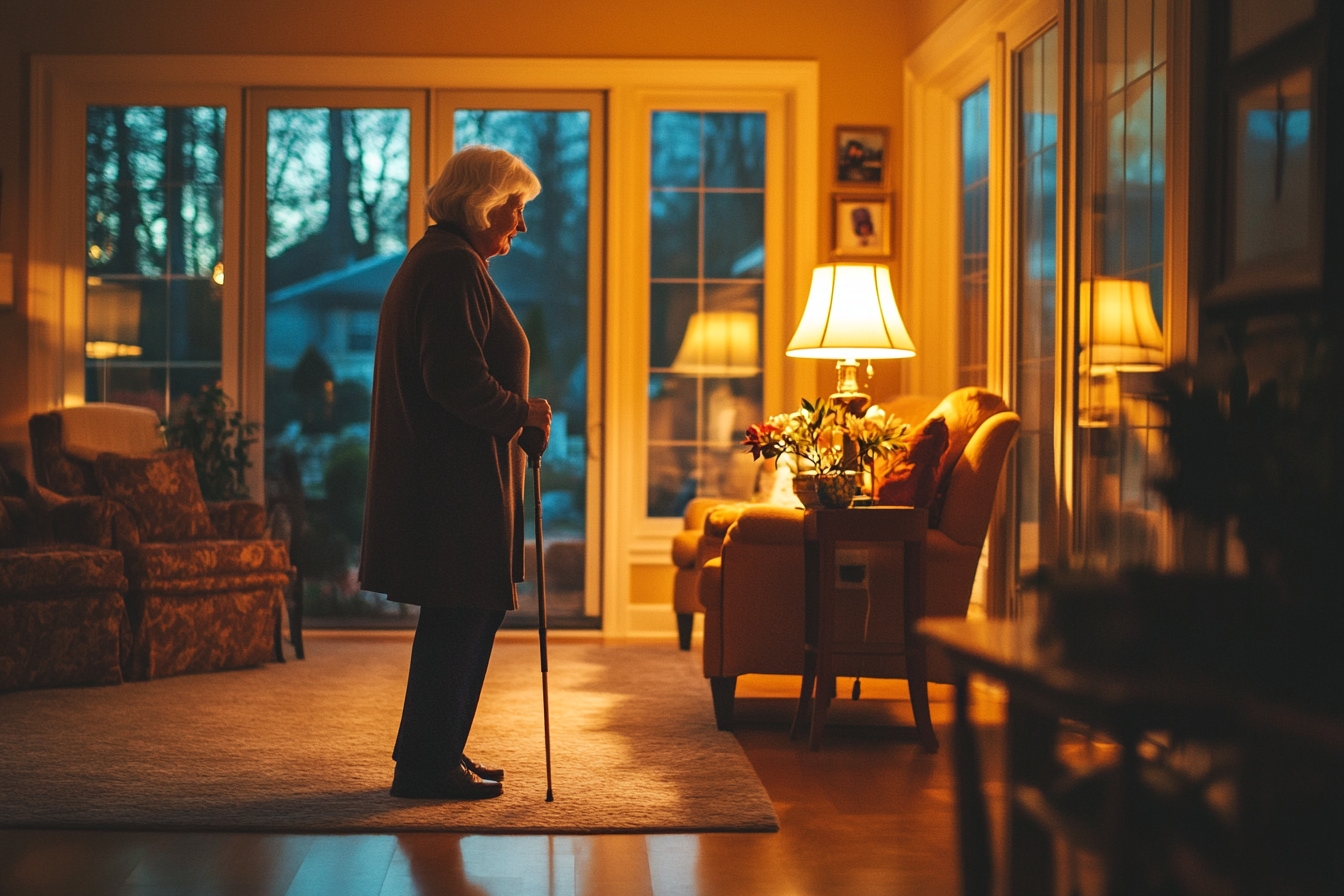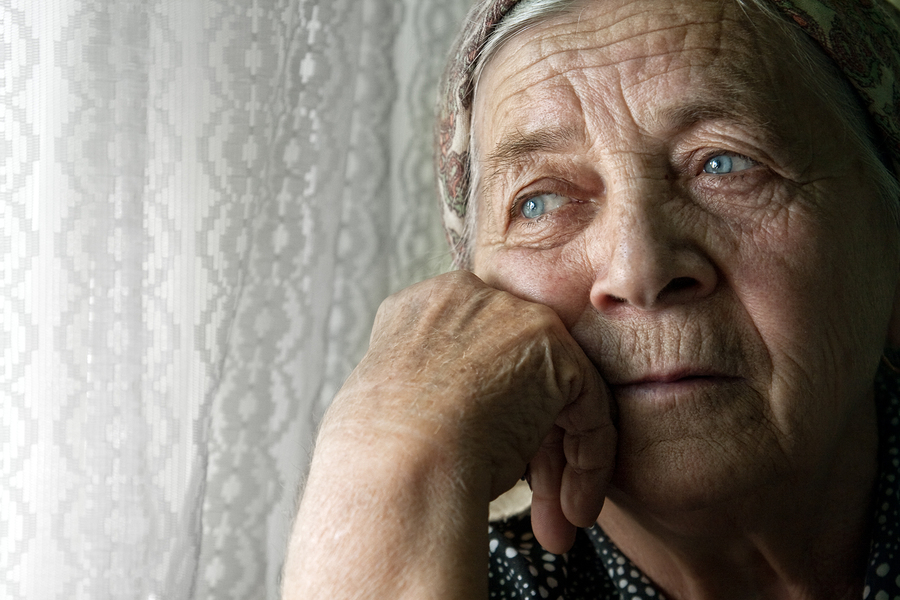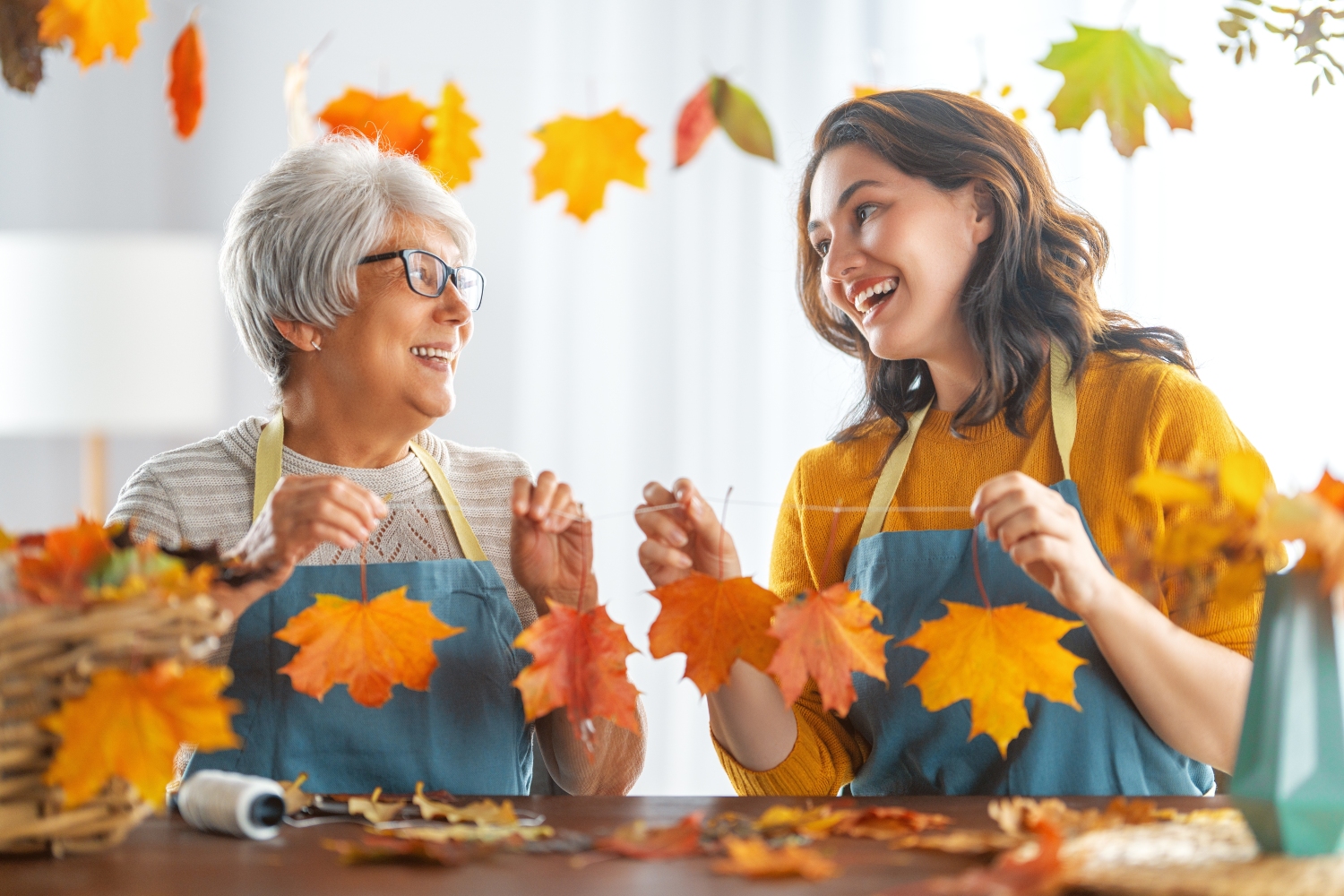If your elderly loved one has always been diminutive in size, you might have started to notice in her later years that she is getting smaller and smaller. It might not only be the height she is losing but weight as well. Losing too much weight can bring about some serious health consequences, much like obesity can.
Health Concerns of Seniors Who are Underweight
Being underweight is considered to be anyone who has a BMI (Body Mass Index) of less than 18.5. For many seniors, it can be easy to slip into this danger zone of not only being underweight but being malnourished. As a person ages, they might lose a lot of their desire to eat for a myriad of reasons, and then without realizing it, have lost enough weight to put them at risk for other health conditions. Some of those health concerns include:
- A weakened immune system that could put them at greater risk of developing an infection
- Weakened bones that might break more easily.
- Decreased muscle strength which can lead to falls and injuries.
- Wounds take longer to properly heal.
- Cognitive decline.
Five Tips to Help Your Loved One Gain Weight

Before you begin any process of making changes to your loved one’s eating habits, make sure to talk with her physician first to receive guidance to help you navigate any health issues she may have or medications she may take.
- Make calories count. While you may have the goal to boost her daily caloric intake, making those calories count is vital to better health. It shouldn’t be all milkshakes and cake! Instead make sure meals and snacks are made up of nutrient-dense and protein-rich foods that have healthy fats, whole grains, and are low in sugar.
- Reconsider meal sizes. Your loved one may not be able to eat three large meals a day so consider serving five small meals. This can help alleviate possible digestion issues she might have with a larger meal.
- Make snacks part of the diet. Healthy snacks like nuts, dried fruit, and cheese and crackers can add extra calories each day.
- Add calories to drinks. While you don’t want to add a ton of sugar into her drinks, consider having her enjoy a smoothie with her lunch or a glass of milk with breakfast.
- Start an exercise program. Exercising can build muscle mass and increase appetite.
Better Meals with a Personal Care at Home Provider
If one of your main goals with your elderly loved one is helping her to eat meals that have more calories and making sure those calories are healthy, it can help to have a personal care at home provider step in and assist with meal preparation. A personal care at home provider will work with you and your loved one to help ensure she’s eating appropriate foods that taste great and will help her gain weight. You can provide the personal care at home provider with the dietary guidelines that will help your loved one increase her body mass healthily and they will gladly step in to help your loved one succeed in her goals.
If you or an aging loved one is considering personal care at home in Moraga, CA, please contact the caring staff at Golden Heart Senior Care of Walnut Creek. (925) 203-3039.
